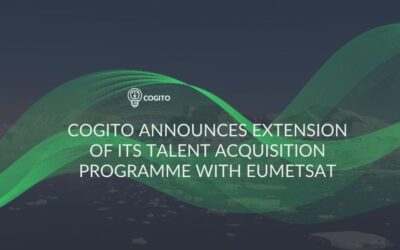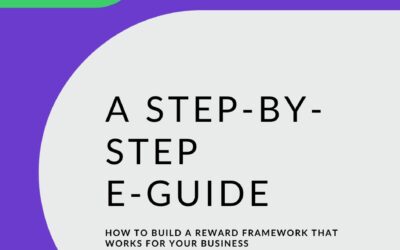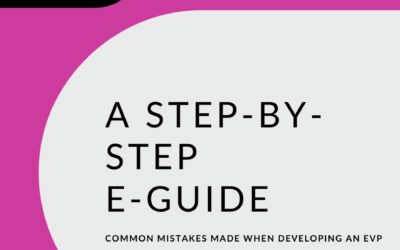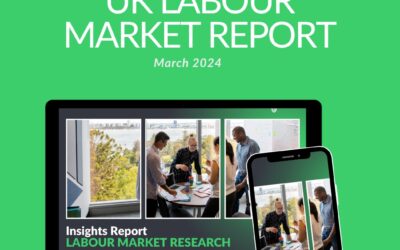With both internal recruitment teams and external recruitment providers we are experiencing a greater level of discussion concerning talent mapping. It’s clear to me that the value in candidate intelligence is becoming more obvious to organisations who want to gain the greatest return on their recruitment investment.
After all, aren’t the best purchases we make as individuals the ones in which we have had time to consider the options and find the product that best suits our needs. All too often in recruitment, the options are limited as the approach is reactive and conducted under time pressure.
The opportunity for the internal teams we work with to have qualified information about technically suitable candidates, concerning experience, motivators, behaviour and appetite is ground-breaking for them. The value they gain is not only the depth of insight we provide, but also the time they have to consider it; transforming many teams from support functions into proactive facilitators of talent to the business.
Recruiters and HR leaders are increasingly able to offer a fact-based external view to business leaders, helping them to play a prominent role in shaping people and growth strategies.
The quality of hire is heightened as decisions are made in less pressurised situations and a direct financial benefit is also experienced by the business through the sustainable nature of the talent mapping detail. The talent identified are passed to the recruiter to own without ongoing placement fees, as such the most effective examples see organisations hire multiple candidates from a single talent map, reducing the cost per hire.
The opportunity for organisations to carefully consider talent in less stressful candidate engagement forums from the creation of talent pools and talent pipelines results in increased and better direct hires. The caveat I should include here is that an organisation needs to ensure that they have the right skills within their recruitment team to conduct effective engagement both in and out of live recruitment periods. The best examples of talent mapping will discover more passive than active candidates, as such the nature of conversations are likely to be more around the medium and long term, where the recruiter should gain an understanding of the individuals career needs and wants for the future, rather than assessing them against a specific vacancy.
The ability for the recruiter to discuss vision, progression and culture becomes more important than the technical elements of the role.
Whilst the ROI benefits to the end employer are clear, we are increasingly being engaged by executive search firms to provide talent mapping services to enhance their senior hiring service. Our talent mapping solution to these businesses provides them with a flexible resource option to gather, identify and analyse senior talent with greater depth and breadth of research than they would traditionally produce for the customer. As we focus our skills upon research, they are able to conduct increased face-to-face engagement with the highest quality individuals from which they can gain a greater understanding.
As the end customer will take advantage of our expertise to increase the time they spend in assessing and engaging potential candidates, the search firms are able to do the same. In each scenario better quality of candidates are found for the employer.
Talent Mapping is not purely exclusive to the executive levels and whilst in the past couple of months we have mapped Pensions and HR Director level roles along with a CEO within the Social Care sector, we have also produced comprehensive skill maps for Healthcare professionals, Engineers and IT specialists for both the employer and recruitment providers. These customers have discovered candidates they would not have seen through traditional methods, saved money – in one case a third of their usual recruitment budget – and improved the quality of hires.
Talent Mapping is enabling organisations to become aware of better candidates, develop effective means of engagement, increase the time they have to build relationships with talent and ultimately create pro-active sourcing models which make a positive impact upon the business. If it’s something you are not incorporating into your recruitment strategy, it’s likely your competitors are.
Marc Drew is the Managing Director of Cogito Talent Limited, a direct hiring consultancy helping organisations to improve recruitment effectiveness. To understand more about how talent mapping can help you to find quality candidates and add value to your recruitment performance visit www.cogitotalent.com, call 0117 456 3390 or email marcdrew@cogitotalent.com







